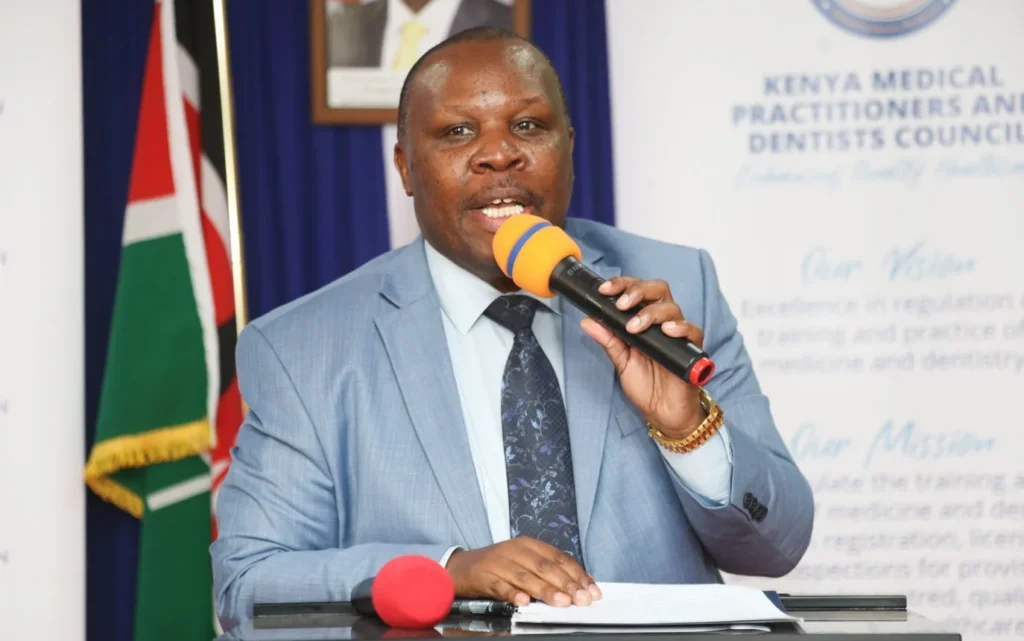The Kenya Medical Practitioners and Dentists Council (KMPDC) has issued a stern warning to hospitals, mortuaries, and funeral homes against detaining bodies of deceased persons over unpaid medical bills. In a notice released on Tuesday, November 18, the council urged health facilities to engage families in payment plans or alternative arrangements instead of holding bodies as collateral.
The advisory reiterates that detaining bodies is illegal, even though health facilities are entitled to pursue payment for services rendered. The KMPDC cited Section 137 of the Penal Code, which makes it a criminal offence to hinder the burial of a deceased person without lawful authority.
“While health facilities can pursue payment for services, the law does not permit them to detain a deceased person’s body as collateral for unpaid bills. Such actions breach constitutional rights and constitute a criminal offence,” the notice stated.
This directive follows a landmark High Court ruling last month, where Justice Nixon Sifuna declared the detention of dead bodies over unpaid medical bills unlawful. The ruling arose from a case in which a top private hospital in Nairobi detained a woman’s body for over two months due to an outstanding Ksh 3.3 million bill.
Justice Sifuna emphasized that detaining bodies for debt claims is not only unlawful but also violates human dignity. He described the practice as a form of coercion that traumatizes grieving families, noting that “there is no property in a dead body.” The ruling is expected to set a binding precedent across Kenya, prioritizing the dignity of the deceased and the rights of bereaved families over financial claims.
The KMPDC has called on families and health facilities to agree on alternative payment arrangements and settle outstanding bills without compromising human dignity. The council stressed that respecting the rights of the deceased and their families is paramount and urged strict compliance with the law.
This move marks a significant step in protecting bereaved families from unethical practices while ensuring hospitals continue to recover legitimate debts responsibly.

